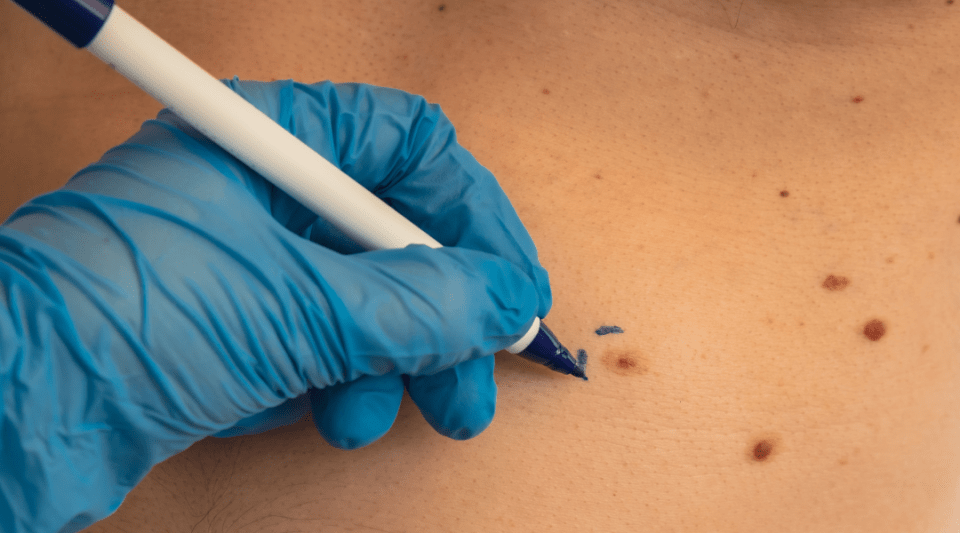Autism is a neurodevelopmental disorder and all of these disorders have long been considered to be more prevalent in males. However, different research studies suggest that the symptoms in women may be expressed differently than those for men. Thus, identification and diagnosis in women may be negatively affected in many cases due to the disorder in women not following the typical male profile.
Some of the most characteristic symptoms are: difficulties with interpreting facial expressions and regulating emotions; repetitive behaviours, such as hand movements or rocking; and very intense interest in specific topics. However, women within the autism spectrum have a different profile, often with more subtle symptoms and a greater number of associated mental disorders, such as anxiety or depression. This means diagnosis takes much longer, resulting in less access to interventions and support. The causes of these differences are believed to be both social and biological.
Type of Autism
Autism Spectrum Disorder (ASD) is a very heterogeneous condition. For example, it can affect cognitive abilities in very different ways: from intellectual disability to giftedness. It is also often accompanied by mental health problems, such as epilepsy, eating disorders, attention deficit hyperactivity disorder (ADHD), anxiety and depression. These associated disorders may also influence the symptoms of autism. This makes it even more difficult to diagnose. Some of the most noticeable differences in autism symptoms are:
-
Up to 40% of people with ASD have average or above average intellectual capacity (that is, they do not show any degree of intellectual disability).
-
Other people with autism have a very significant disability and are not able to live independently.
-
Many people with ASD have exceptional abilities in the visual realm, with music or academically (such as, with calculus).
-
Around a third of people with ASD are non-verbal; that is, they do not speak, but can learn to communicate by other means.
The diagnosis of autism: still a great challenge
The fact that this disorder is defined by behaviour and cannot be confirmed through biomarkers (specific compounds detected in a test, for example) creates great challenges when it comes to diagnosis and treatment. Added to this difficulty is the wide range of symptoms seen. This results in less access to support services for people with less prototypical presentations of autism, especially women.
Research in autism is important to provide better psychological assessment tools for diagnosing women. Especially those with social problems and complex mental health conditions (for example, ADHD and depression). Experts in this field recommend professionals have a higher index of suspicion for ASD in women. Accurate diagnosis in these cases would increase access to treatment and alleviate the personal and social burden of autism, especially in women.






